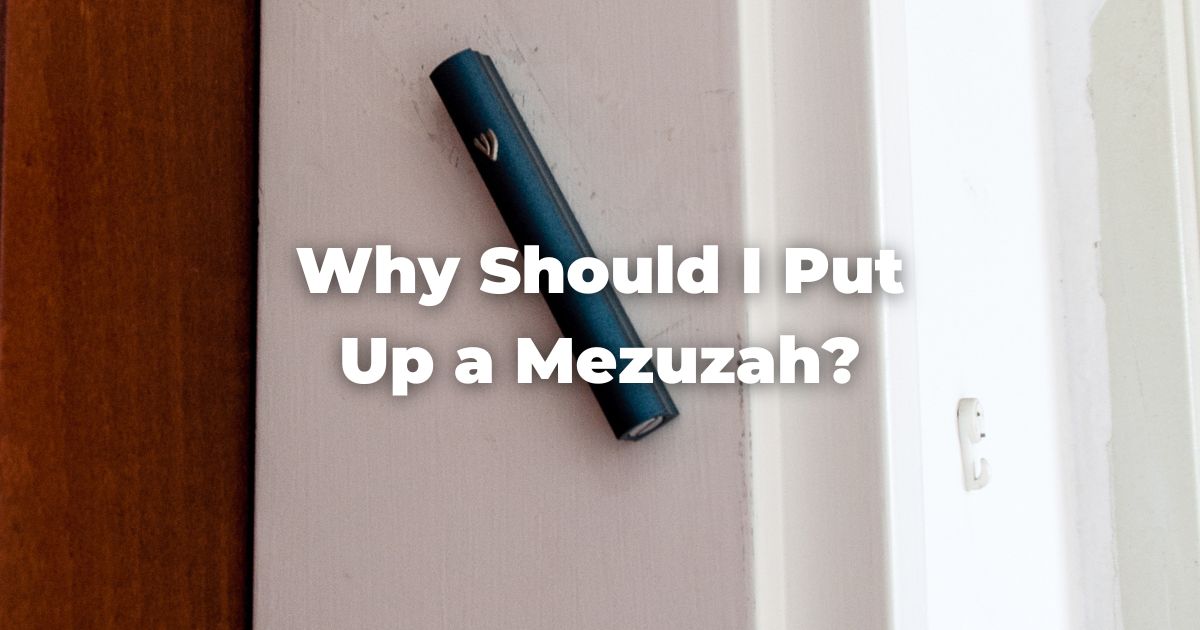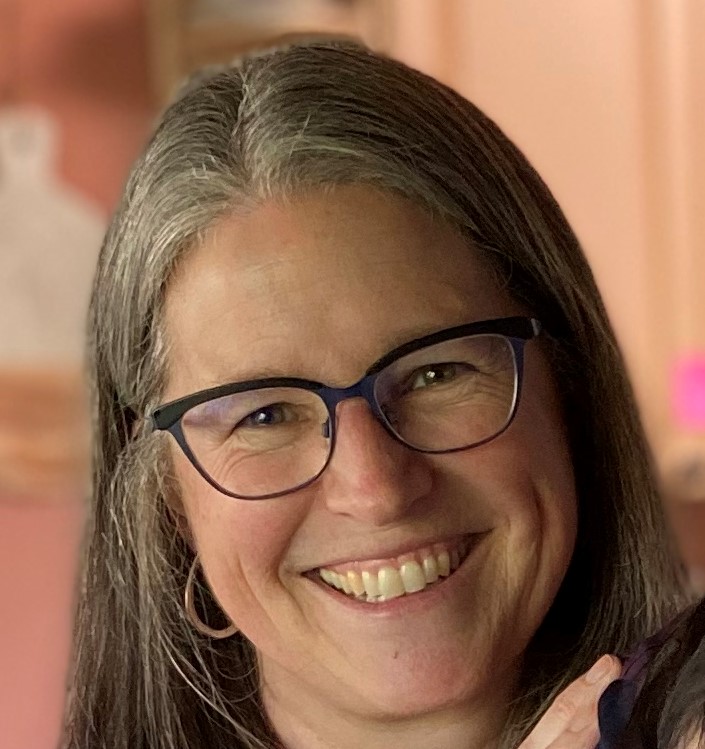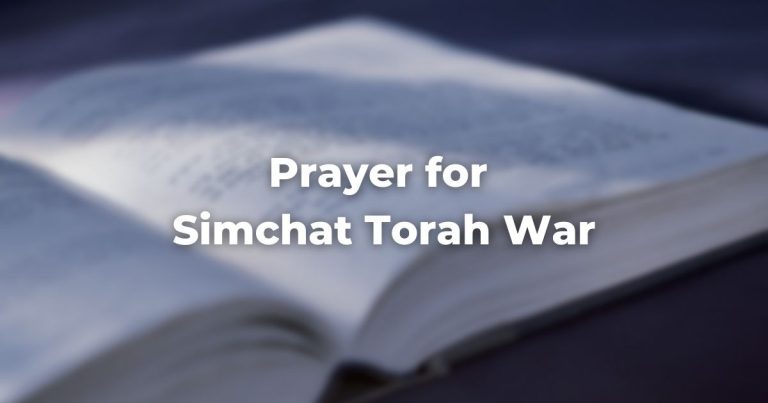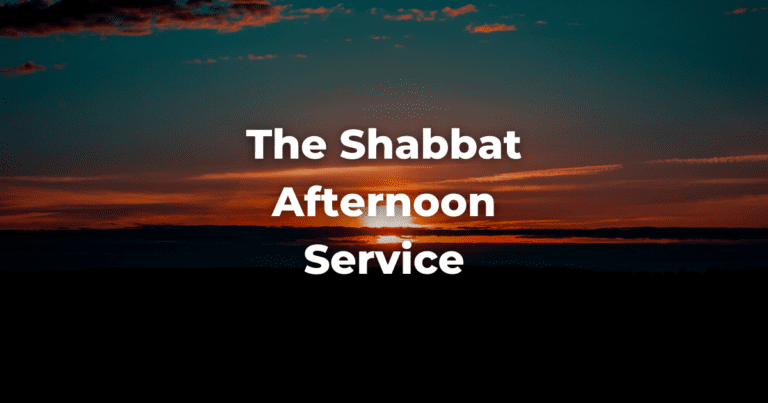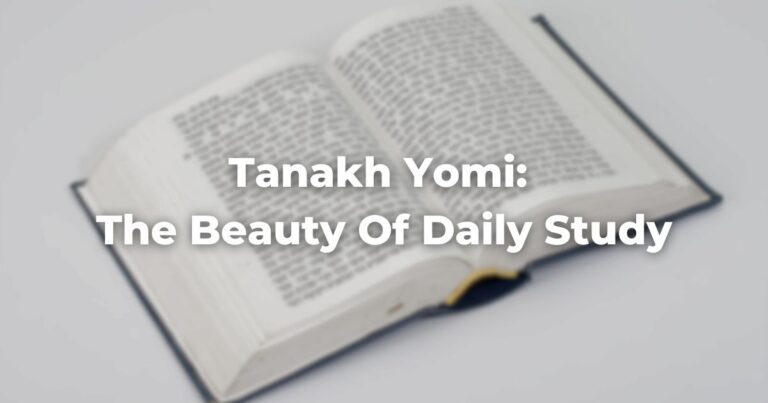Move and mark the moment
This year, for the first time, I counted how many times I have moved in my life: 19 times.
That’s a lot of moves.
But one move stands out more distinctly than the rest. It was when my then fiancée (now my spouse) and I found our first real home together and we hung a mezuzah for the first time.
Temporary?
Many moves and mezuzahs later, there was another memorable move: a temporary move from our cozy home in Marin County to a large apartment building in Sacramento for one year. While it felt temporary to us, according to Jewish tradition, it was anything but.
Judaism teaches that if you live in a place for more than 30 days, you hang a mezuzah.
Dedicate the house
So on Day 26 of living in Sacramento, we had a Hanukkat Ha Bayit, a short ceremony that involves saying a blessing, affixing the mezuzah, a small parchment scroll handwritten by a specially trained scribe known as a sofer and the scroll is placed in a decorative case.
A Hanukkat Ha Bayit is a great opportunity to add in a personal bit of TorahRefers to the first five books of the Hebrew Bible, the Tanakh, also called the Five Books of Moses, Pentateuch or the Hebrew equivalent, Humash. This is also called the Written Torah. The term may also refer to teachings that expound on Jewish tradition. Read more, a prayer, a poem, you name it.
Hanukkah = Dedication
The Hebrew phrase, Hanukkat Ha Bayit might ring a bell. It has the same Hebrew root in this expression as we find in the name Hanukkah and it means ‘dedication.’
The Maccabees rededicated the Temple in Jerusalem after it was ransacked by the Syrian Greeks. Just as the Maccabees dedicated the Temple, so too do we dedicate our homes by hanging a mezuzah, having a Hanukkat Ha Bayit, within 30 days of moving to a new home.
Mezuzah in the Torah
The tradition of hanging a mezuzah goes back to the Torah where we read:
And you shall inscribe them on the doorposts (mezuzot) of our house and on your gates. (Deuteronomy 11:20)
What are the words that are to be inscribed?
Hear, O Israel! Adonai is our God, Adonai alone.
You shall love your God with all your heart and with all your soul and with all your might.
Take to heart these instructions with which I charge you this day.Impress them upon your children. Recite them when you stay at home and when you are away, when you lie down and when you get up.
Bind them as a sign on your hand and let them serve as a symbol on your forehead; inscribe them on the doorposts (mezuzot) of your house and on your gates. (Deuteronomy 6:4-9)
And these are some of the texts that are written on the scroll inside the mezuzah case.
A Jewy Choice
Hanging a mezuzah is a very Jewy thing to do, especially when you live in a big apartment building and have yet to see a mezuzah on any other doorpost in the building.
Could we be the only Jews living in the building?
Or maybe the only Jews who hung a mezuzah?
Did we really want to be this public about our identity?
It’s not a small town: there are several synagogues, but bastions of White supremacy lurk outside city limits. One of the local synagogues was firebombed a few short decades ago and our local Hillels have been vandalized and threatened in the past few months.
Is hanging a mezuzah a risky thing to do? With antisemitism on the rise, will this mezuzah remain intact? Am I paranoid? Or simply aware?
A freedom not to be taken for granted
While the right to put a mezuzah on the doorpost of a home has been rarely challenged in the US, there was a 2001 case in Chicago when a condominium association at Shoreline Towers banned objects of any sort outside unit entrance doors and removed the hallway mezuzahs of condominium tenants.
It wasn’t until 2011 that the legal dispute was settled and the right to hang a mezuzah was restored in Chicago: ten years before anyone in that building can hang a mezuzah again.
Why hang a mezuzah?
Hanging a mezuzah is an expression of freedom albeit with risk as rising antisemitism reminds us.
We hang a mezuzah because we can, because our tradition gives us this sacred act to mark liminal moments and liminal places in our lives. Hanging a mezuzah links us back to our ancestors in Egypt, the Israelites who crossed through their doors out of slavery to a new life of freedom.
Standing on the limn
All moves are liminal. When we move from one dwelling to another, we stand on the limn between our old life in one place and our life yet to unfold in a new place.
We mark this limn by affixing this ancient scroll in that very threshold. The new doorpost will eventually become more familiar, but the mezuzah is there in that very space reminding us each time we leave the world outside and enter our own intimate space known as home.
And we cross it again and again to leave the refuge of home and venture and out to the world.
What are you waiting for?
Here’s the blessing:
בָּרוּךְ אַתָּה ה׳ אֱ‑לֹהֵינוּ מֶלֶךְ הָעוֹלָם, אֲשֶׁר קִדְּשָׁנוּ בְּמִצְוֹתָיו וְצִוָּנוּ לִקְבֹּעַ מְזוּזָה:
Barukh ata Adonai Eloheinu Melekh Ha Olam asher kidshanu b’mitzvotav v’tzivanu likboa mezuzah.
Blessed are you Adonai the Divine presence in the universe who gives us the invitation to affix a mezuzah to our dwelling place.
Bless your space, dedicate your place. Accept the sacred invitation to hang a mezuzah.
Author
-

In Northern California, Susan was the first woman to be senior rabbi at a Conservative synagogue, Congregation Kol Shofar, and the first woman to be Associate Rabbi at Temple Beth Am, Los Angeles, following ordination at the Ziegler School of Rabbinic Studies. For The Institute for Jewish Spirituality, she leads virtual daily meditations, and is featured in their Waking Up to Blessing podcast and has taught Jewish spirituality at Zacharias Frankel College. On the Clergy Council of Roots, she works with Palestinians and Israelis living in the West Bank and serves on the Executive Council of the Rabbinical Assembly.
View all posts

